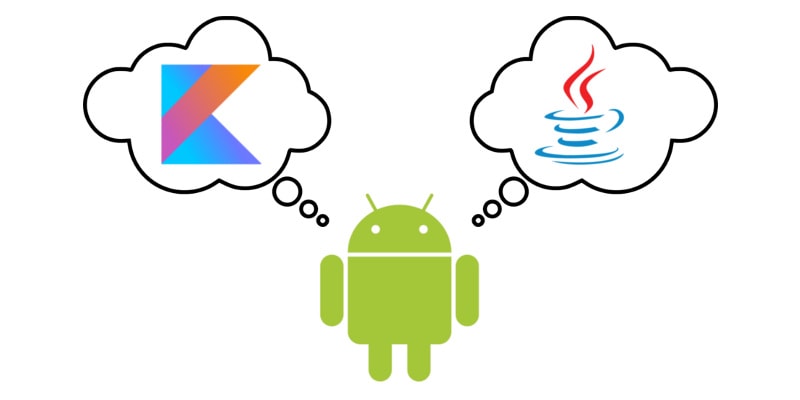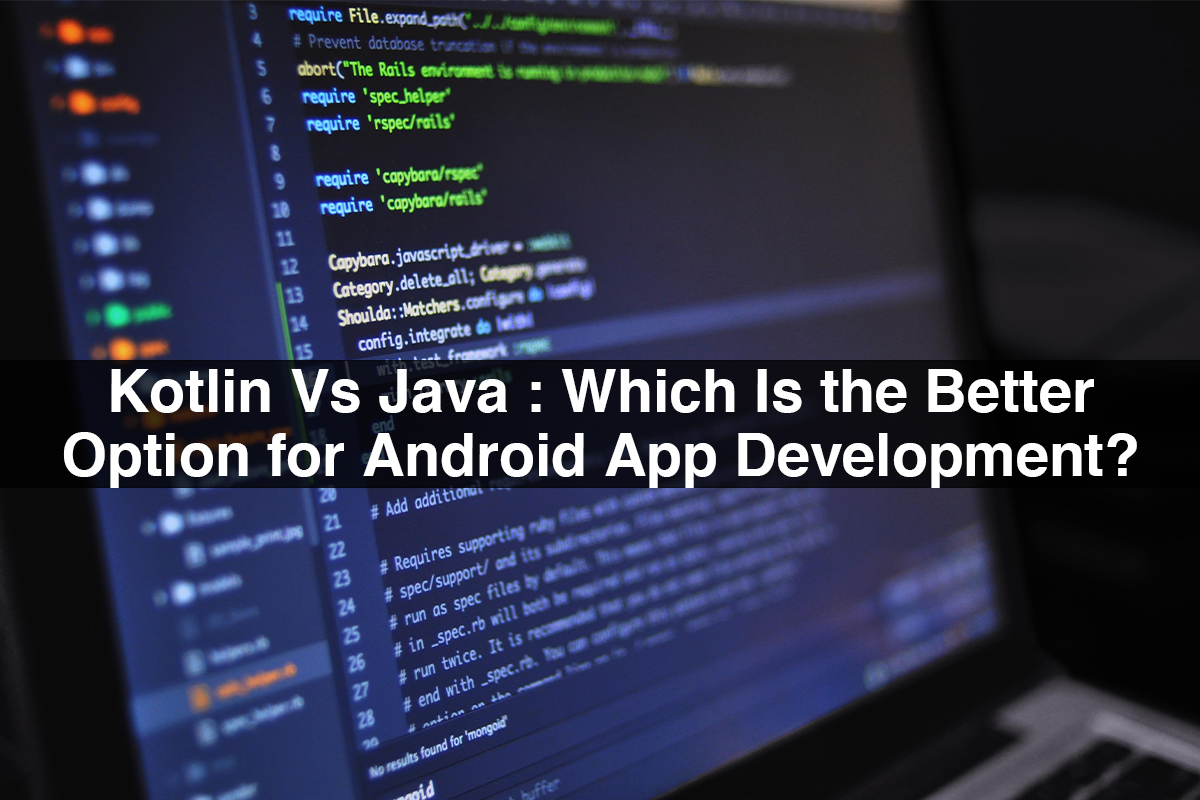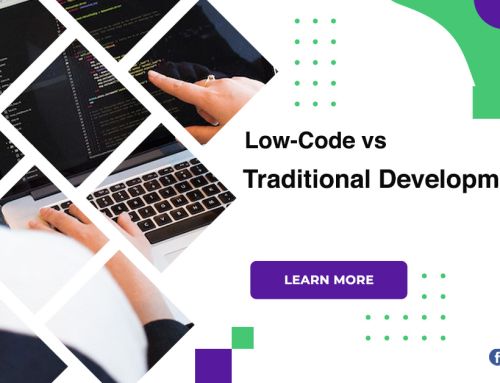Kotlin Vs Java: Which Is the Better Option for Android App Development?
Kotlin vs Java is one of the trending subjects these days. When it comes to Android app development, Java language is the one that first successes the mind of coders. And, Java programming language is everywhere. So, both Java and Kotlin offer strong competition to each other. Thus, we have done a great comparison of Kotlin vs Java programming language.
Java
Java is a programming language formed by James Gosling. In this, we can generate any type of program, it also supports any type of machine. It is in Windows, Linux operating systems, and also for mobile.
Kotlin is a programming language created by JetBrains. Kotlin was publicized in the Google I/O as the official language of Android.
Features of java
- It has easy syntax with minimum characters which tens this be easy to read and learn.
- It is a highly object-orientated language that helps developers to develop an object-oriented application with more flexibility and extensibility.
- It can be combined with object-oriented programming concepts like Inheritance, Abstraction, Polymorphism, etc. As it will be available in the library of java.
- It has a rich API for XML parsing, networking, database connectivity, and many from the open library like Apache, guava, Gone, etc.
- It has tools such as Eclipse and net beam which provides easy coding in IDE and these tools also support debugging.
- It has a wide range of open-source libraries with frameworks such as maven, spring, etc.
- It has a lot of open community support which provides the sharing of knowledge.
Kotlin
Kotlin is a statically entered programming language for Java Virtual Machine (JVM) and JavaScript. Defined as a general-purpose language, Kotlin presents functional features to support Java interoperability. The Kotlin project was born out of the purpose of heightened output. The goal was to increase the coding practice in a way that was equally practical and effective.
Features of kotlin
- It reduces the total amount of overlapped codes.
- It can easily avoid common classes of errors including null pointer.
- it is interoperable with Java.
- It is a tool friendly language as it can also use Java IDE and android studios, etc.
- You can easily shift from java to kotlin.
Differences between Kotlin vs Java
Null safe
Java
In Java, Null Pointer Exceptions reason huge prevention for developers. It allows operators to assign null to any variables but while editing an object reference taking null value increases a null pointer exception which the user wants to handle.
Kotlin
In Kotlin, by default, all kinds of variables are non-nullable (i.e. we can’t allocate null values to any kind of variables/objects). If we try to allocate or return null values, Kotlin code will fail during compile time. If we want a variable to have a null value, we can declare as follows:
value num: Int? = null.
Extension function
Java
In Java, if we need to extend the functionality of the current class, we need to make a new class and inherit the parent class. So, Extension functions are not available in Java.
Kotlin
Kotlin offers developers the facility to spread an existing class with new functionality. We can make extend functions by starting the name of a class to name of the new function.
Coroutines support
Java
In Java, whenever if we recruit a long-running network I/0 or CPU Intensive operations, the matching thread will be jammed. In the android app development, Android is single-threaded by default. Java offers the facility to create many threads in the background and run but handling them is a difficult task.
Kotlin
In Kotlin, we can generate many threads to run these long-running rigorous operations but we have coroutines support, which will hang execution at a certain point without blocking threads while performing long-running intensive operations.
No checked exceptions
Java
In Java, we have checked exceptions support which generates developers declare and catch the exception which eventually leads to strong code with good fault handling.
Kotlin
In Kotlin, we don’t have checked exceptions. So, developers don’t essential to declare or catch the exceptions, which have rewards and drawbacks.
Data classes
Java
In Java, assume we need to have a class that desires to hold data but nobody else. For this we want to describe constructors, getter and setter methods, variables to store data, hashcode (), equals () and toString (), functions.
Kotlin
In Kotlin, if we want to have classes that need to keep data, we can declare a class with the keyword “data” in the class definition then the compiler will take care of all of this work such as making getter, constructors, setter methods for dissimilar fields.
Smart casts
Java
In Java, we need to check the kind of variables and cast affording to our operation.
Kotlin
In Kotlin, smart casts will switch these casting payments with keyword “is-checks” which will be checked for unchallengeable values and makes an implicit casting.
Type inference
Java
In Java, we need to require a type of each variable openly while declaring.
Kotlin
In Kotlin, we don’t need to require the type of each variable based on the task it will handle. If we need to specify, we can do it.
Functional programming
Java
Java doesn’t have functional programming support till Java 8 but whereas Android app development provisions the only subsection of Java 8 structures.
Kotlin
Kotlin is a combination of procedural and functional programming language which contains many useful approaches such as operator overloading, lambda, lazy evaluation, and higher-order functions, etc.
Merits and demerits of Kotlin
Merits
- Kotlin is short-lived than Java which indicates fewer amounts of probabilities of bugs and errors.
- Kotlin has a lot of struggles with Android app development. Yet it is also used in backend projects such as Spring 5.
- Moving from Java to Kotlin is fairly simple. All that needs to be complete is fixed the Kotlin plugin and contain it in Gradle build files and connect on the “convert” option.
Demerits
- In place of a steep education curve while changing whole teams to Kotlin because of the brief syntax of the language.
- The slow rapidity of compiling in comparison with Java.
- A restricted number of developers of Kotlin indicates limited learning resources and discovery it hard to figure out responses to questions.
Merits and demerits of java
Merits
- Simple to learn and understand.
- Versatile, one can effortlessly run it in a virtual machine and browser window. This is suitable while recycling code and updating software.
- An outstanding alternative for cross-platform applications.
- Android tallies on Java for its functions. The Android SDK contains most of the standard Java libraries.
Demerits
- One of the highest demerits of Java is that it causes problems with the Android API pattern.
- As it is a long-winded language, larger codes are essential by Java which comes with larger uncertainties of errors and bugs.
- The rapidity of Java is much slower than most of the other languages and desires a lot of storing capacity.
How can change from Java to Kotlin be helpful?
Kotlin is absolutely a modern answer to elder Java. Some features make Kotlin stand out from the crowd, as there are many options offered.
Kotlin is concurrently treatable with Java. We can have together Java and Kotlin code co-exist inside a single project. Both codes can compile effortlessly and users are not even talented to make out which portion of the code in Kotlin and which portion in Java.

Kotlin and Java classes can be written concurrently. There is no necessity to change the entire development to Kotlin or opening a new project. Otherwise, small hunks of codes can be written in Kotlin and can be introduced as and when required, without affecting the whole code.
Conclusion
Finally, it’s an overview of the differences Between Kotlin vs java. I hope you will have a well understanding of these Kotlin vs java languages after reading this Kotlin vs Java article. In my view, we can proceed with Kotlin for Android app development without disturbing the compiling time even though Java has few advantages over Kotlin.









